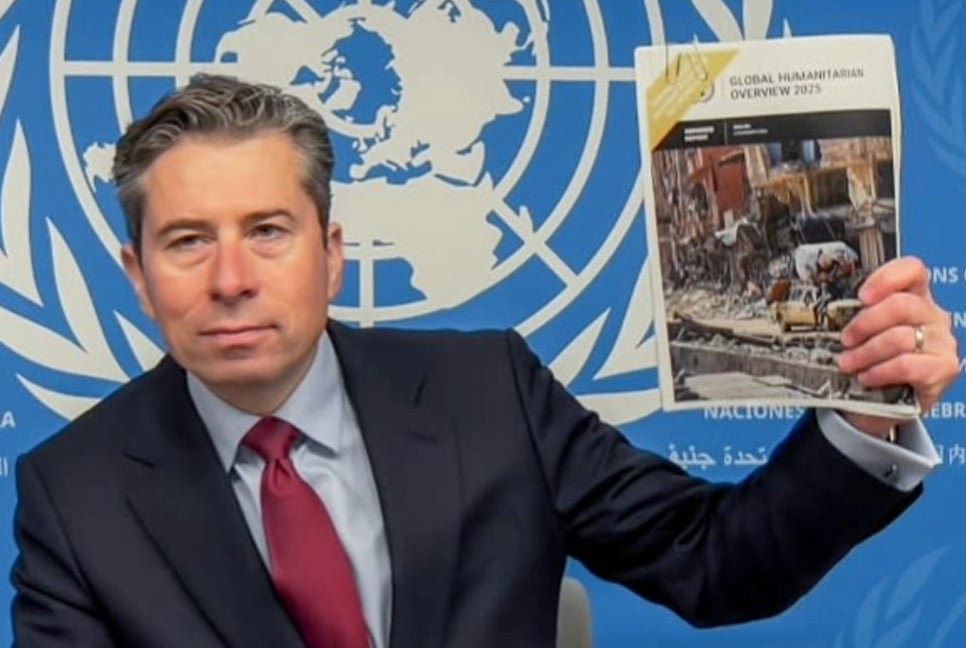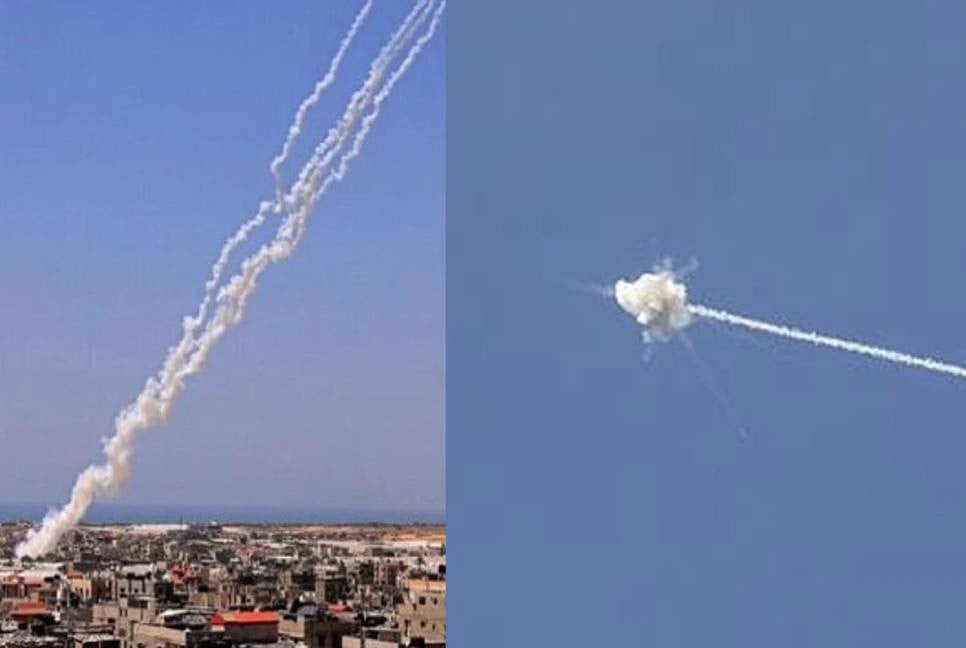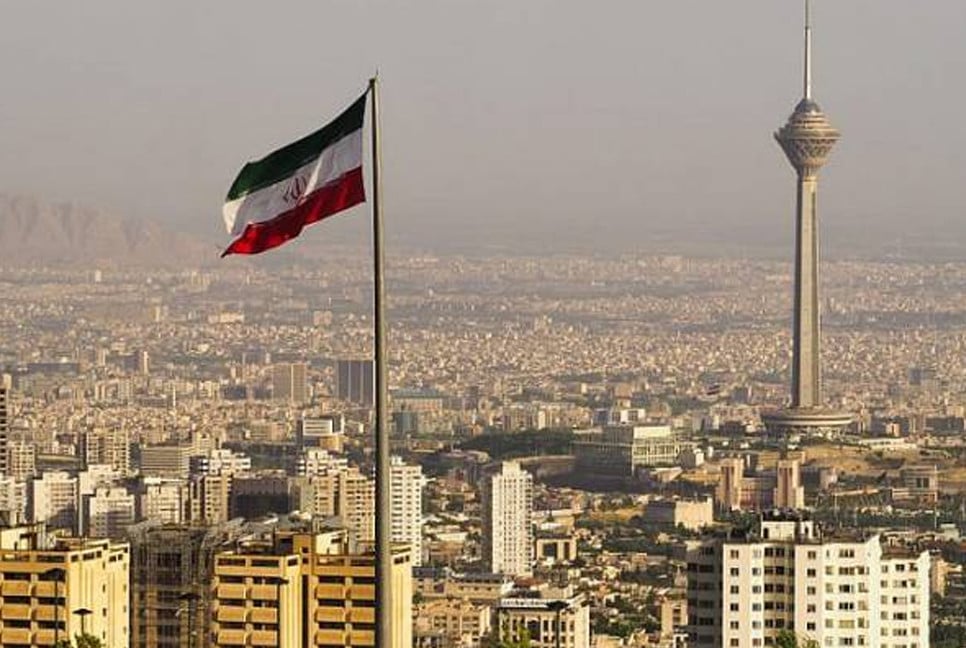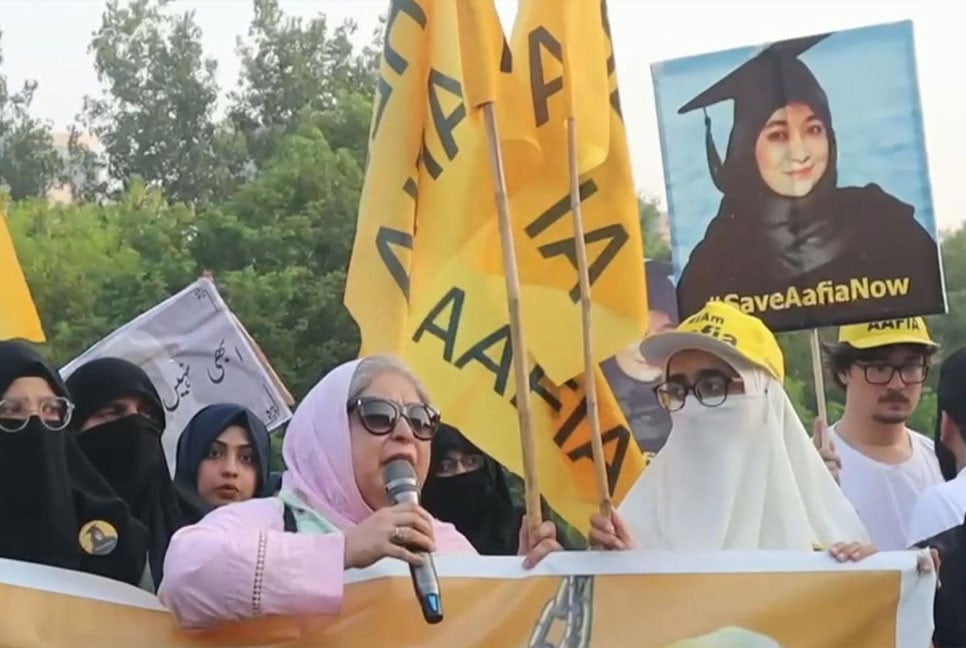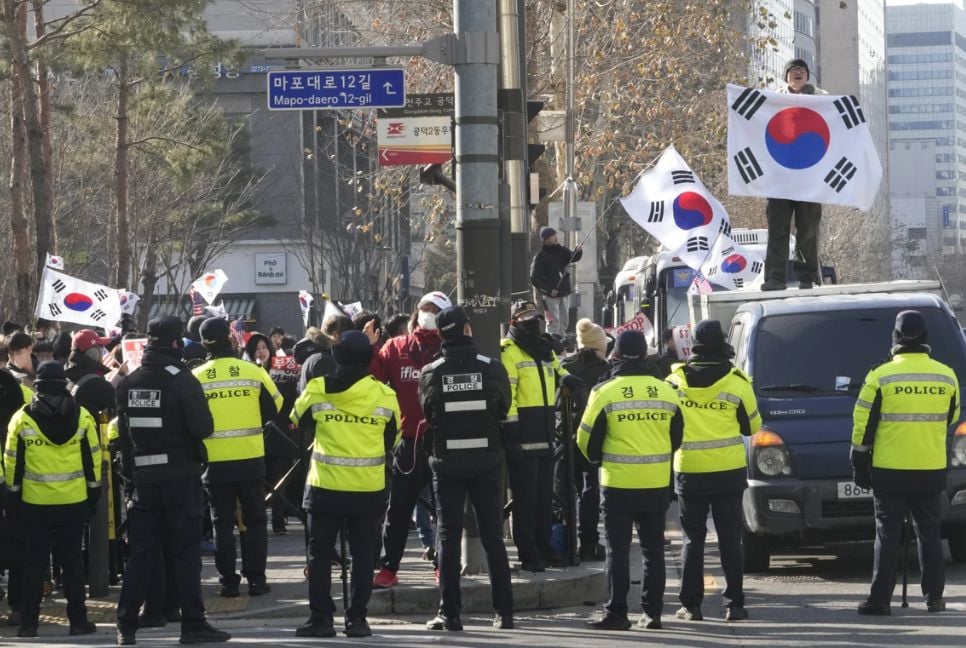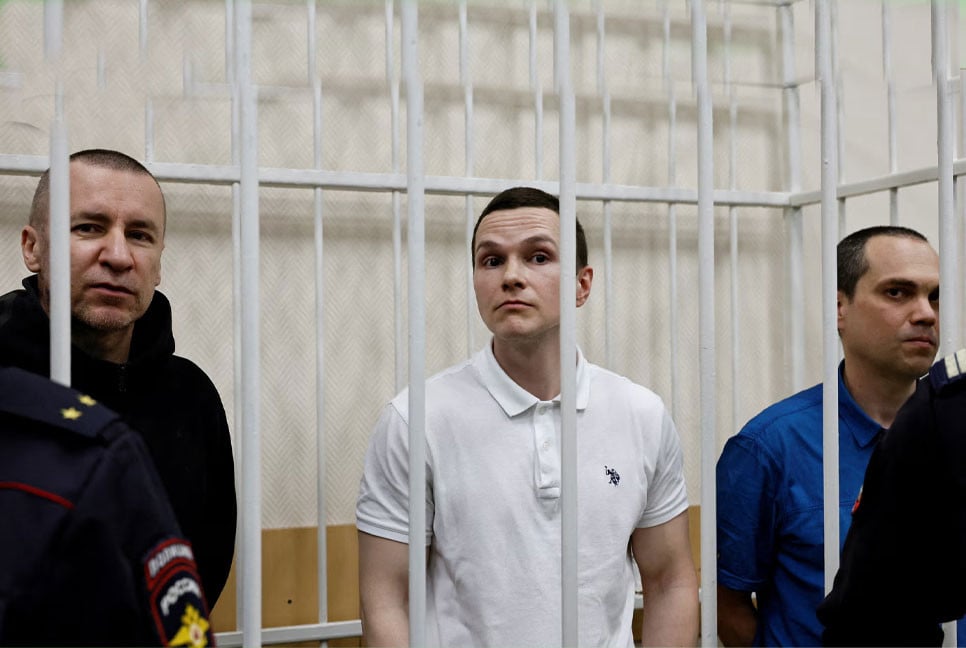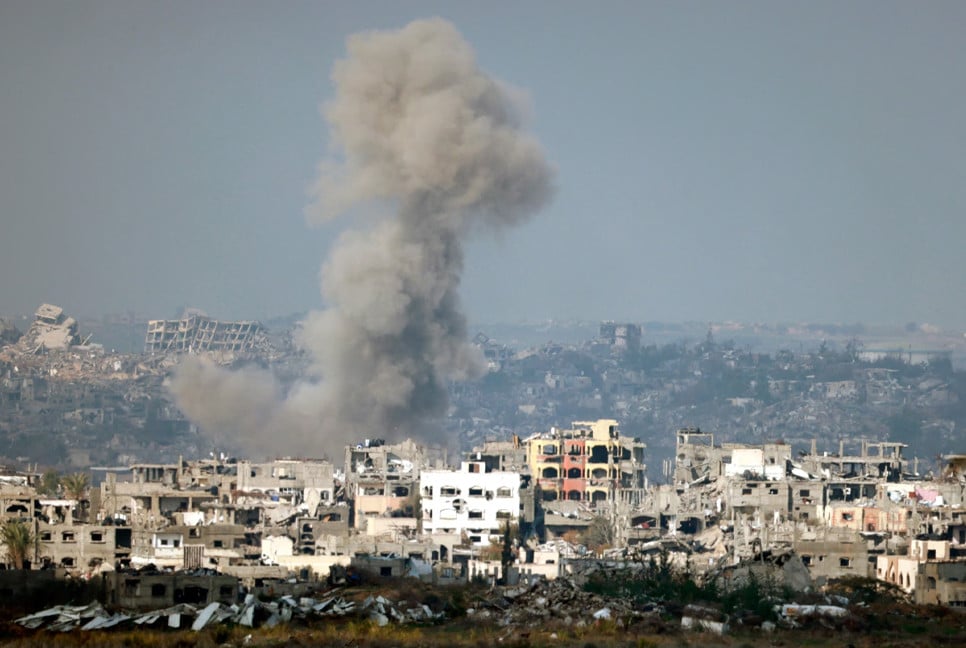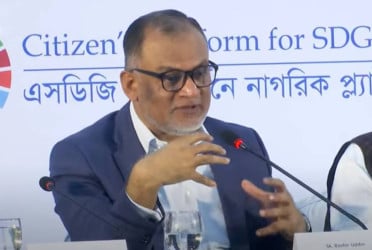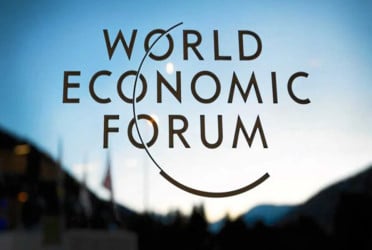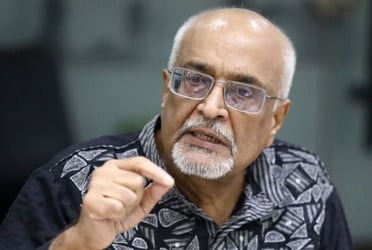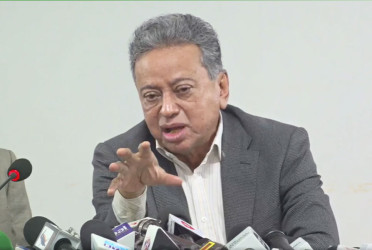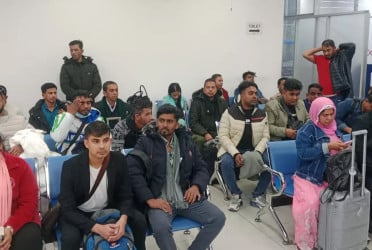The United Nations has projected that a record 305 million people will require urgent humanitarian assistance in 2025, driven by the compounding effects of prolonged conflicts, climate change, and widespread violations of international humanitarian law.
Speaking on Wednesday, UN Emergency Relief Coordinator Tom Fletcher described the crisis as unprecedented. “The world is on fire…We are dealing with a polycrisis right now globally, and it is the most vulnerable people in the world who are paying the price. We are dealing with the impact of conflicts—multiple conflicts—and crises of longer duration and of more intense ferocity,” Fletcher said during an appeal for $47.4 billion to provide life-saving aid in over 30 countries and nine refugee-hosting regions.
Despite the scale of the crisis, Fletcher noted that funding and operational constraints mean aid agencies will only be able to reach 190 million of the 305 million people in need.
Fletcher highlighted the dire situation in protracted conflict zones like the Democratic Republic of Congo, where aid efforts are hindered by persistent instability and insufficient resources. “Our teams are eager to deliver, but they need the support to make a difference. It’s a call to action for governments to challenge indifference and impunity,” he stated.
The appeal also drew attention to the compounding effects of climate change, which Fletcher said are converging with conflicts in the world’s poorest regions, further exacerbating humanitarian challenges.
The global humanitarian appeal aims to address the needs of over 123 million forcibly displaced people worldwide and tackle the rising violations against children, which have reached record levels. Fletcher stressed the urgency of immediate action to prevent further deterioration of humanitarian conditions.
He also emphasized the importance of adherence to international humanitarian law amid growing civilian casualties and aid worker deaths. Crisis zones like Gaza, Sudan, Ukraine, and Syria were flagged as areas where access to aid remains critically obstructed.
“The world’s anchor of humanitarian principles seems to be slipping,” Fletcher warned, urging global leaders to recommit to compassion and cooperation in addressing the escalating crises.
With the world facing an unprecedented humanitarian challenge, Fletcher’s appeal underscored the critical need for international solidarity to support the most vulnerable populations.
(Source: UNB)
BD-Pratidin English/Mazdud

